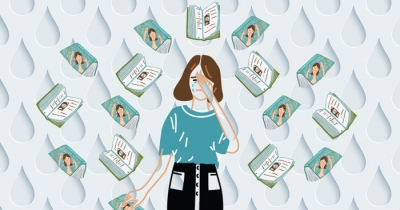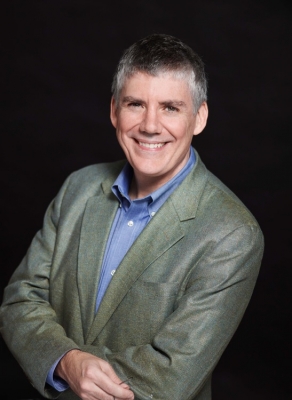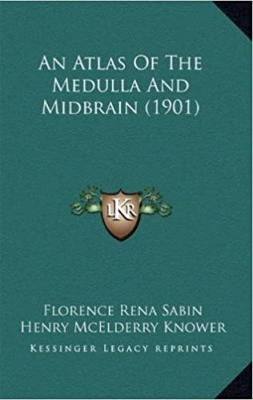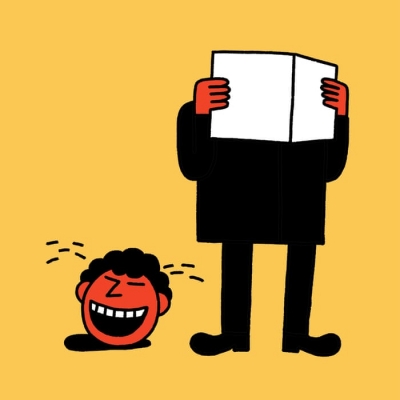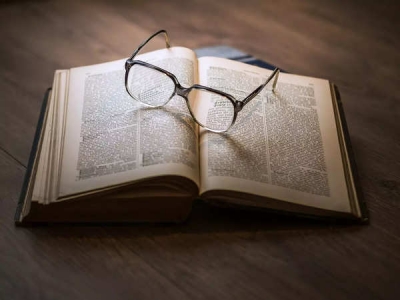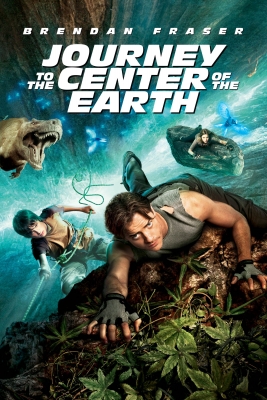
The Alchemist"
The book I wish had a sequel is The Alchemist written by Paulo Coelho. This book has an interesting plot. It teaches us to finish what we start. In it, a boy encounters in wise alchemist who teaches him to realise his true self. It tells us that happiness, contentment, peace and many more positive things lie within us. I wish this book had a sequel, and is as interesting as the first part.
"Pride and Prejudice"
"If a book is well written, I always find it too short." Beautifully quoted by one of my favorite writers Jane Austen. Her writings needs no introduction. "Pride and Prejudice" is a classic and timeless story that can be read and enjoyed by any generation of readers. The story follows Elizabeth Bennet who lives in a society that pressures young women to Live by stereotypes.
But Austen's Elizabeth wins the hearts of readers through her independent nature and defiance against societal norms. If there is a sequel, it would be good to know more about her love for Mr. Darcy and how they nurture gender equality in their life together.
"Matilda"
The book I wish had a sequel is "Matilda" by Roald Dahl. Matilda was an extraordinary and brilliant child who read newspapers at the age of three and walked to the library alone at the age of five. Even though her parents thought of her as a scab, her class teacher Miss Honey understood her level of intelligence and helped her with books. When Matilda got the power of moving objects with her eyes, she taught Miss Trunchbull, the cruel principal of the school, a lesson, unveiled secrets and helped Miss Honey. In the end, when her parents left the country, she stayed back with Miss Honey and moved to the top form to study.
It would have been nice if there had been a sequel as the readers will know how Miss Honey and Matilda are living together and whether Miss Trunchbull came back into their lives. Also, it would have been interesting to see how Matilda's school life will be with her older classmates and if her power to move objects returns. This book has taught me a lot of values and I will remember it throughout my life whether a sequel comes or not.
"Doctor Sleep"
The book that I wish had a sequel would be "Doctor Sleep" written by Stephen King. It is an interesting story revolving around Dan, who joins the local Alcohol Anonymous chapter. When Dan realises the return of his psychic abilities, which was suppressed in his childhood, he befriends a cat which is capable of telling when patients are on the threshold of death. Gradually, they are able to help patients from dying, and Dan is called Doctor Sleep'. If there is a sequel, I'm sure I won't miss it!
"Journey to the Center of the Earth"
The book I wish had a sequel is "Journey To The Center of The Earth" by Jules Verne.
This book tells us about a Latin manuscript written in the 16th Century. The manuscript is found by Professor Von Hardwigg and his nephew Harry Lawson, the two main characters in the book. It takes them and an Icelandic guide named Hans Bjelke on a journey to the centre of the earth through the bowels of Mount Sneffels. Their adventures keep us hooked till the last. I wish there had been a sequel. It would be interesting to join their future journeys.
"The Phoenix Doctors"
"The Phoenix Doctors" is a book which I read a few days ago. It's a gripping and thrilling story about the difficulties faced by Indian doctors. The book starts with a young student, Karthik, aspiring to become a doctor and the difficulties faced by him. Towards the climax, when Dr. Meera (Karthik's wife), is unable to save a baby, the enraged relatives cause mayhem in the hospital leaving her injured and unconscious. But the doctor couple forgive the vandals and continue to serve. I wish the author brings out a sequel portraying how the doctors are able to bring about a change and how healthcare is delivered in hospitals.
"The Kite Runner'
"The book I wish had a sequel is "The Kite Runner' by Khaled Hosseini. It is an excellent and emotional story ending on a half happy-half sad note. It deserves to have a sequel. It retells a story of love, loss and betrayal. It is set in Afghanistan and America Sohrab, who over times of trauma is not in his best mind. The end of the book, ignites a spark of joy in the young boy, not entirely satisfying us with a happily ever after feeling. / We are no doubt moved, but wish the story goes on.
"Matilda"
Matilda" written by Roald Dahl is the book which needs an amazing sequel. The book stops at where Matilda's parents and her brother escape to Spain, leaving Matilda alone with Miss Honey. I wonder what would happen next. Maybe Miss Honey gets married or the cops catch Matilda's parents before they reach the airport. Or maybe Matilda gets a scholarship to study in a new school because of her intelligence. Or Miss Honey gets a new job. I am really curious to see how Matilda's intelligence shapes her future. Another possibility is that she gets her magic power back and uses it to make the Earth a better place for humans to live.
"The Swiss Family Robinson"
The book I wish had a sequel is "The Swiss Family Robinson" by Johann David Wyss. It is about a Swiss family of four kids and their parents who embark on a voyage from Switzerland to a small island near New Guinea. On the way, a storm shipwrecks them and maroons them on a small uninhabited island. The rest of the story is about how the family learnt to survive over the next 10 years on that island. The story ends with a ship that comes upon that island and two of the family's four sons decide to go back to England in the ship, while the rest of the family are content with making the island their home for the rest of their lives. A sequel to this story would be an interesting read about the future adventures of the Robinson family. We can find out whether it was a wise idea for them to continue living on this island.
"Perks of Being a Wallflower"
One of my very first one-day reads was "Perks of Being a Wallflower by Stephen Chobosky. It was also one of the only books I really wanted a sequel for because I couldn't get enough of the characters, especially the protagonist Charlie. A coming of age young adult novel, revolves around Charlie a 15-year-old overthinker, during the 1990s, writing anonymous letters to someone spilling his life or rather his journey of growing and developing through adolescence. This book is definitely not an unrealistic drama of teenage life but is a book filled with realistic characters with realistic problems, whom even at their worst, you'd want to hug. The book drives away leaving us thinking about Charlie a little more, somewhat like reverse psychology. Getting a peek into his future is awaited by a lot of readers because it just feels like checking on a dear friend. I really hope Mr. Stephen gives us that chance sometime soon.
"Room on the Roof"
I deeply wish "Room on the Roof authored by Ruskin Bond had a sequel. It portrays the hardships faced by a 16-year-old Anglo Indian Boy. Rusty. It is a story of suspense and turning points. But the novel obscured the whereabouts of Rusty and Kishen (Rusty's friend, also orphaned) after they left Haridwar and went to Dehradun to finally live with their best friends. I am still seeking answers to some questions on my mind about the end. That's why I hope to read a thrilling sequel.
Picture Credit : Google
